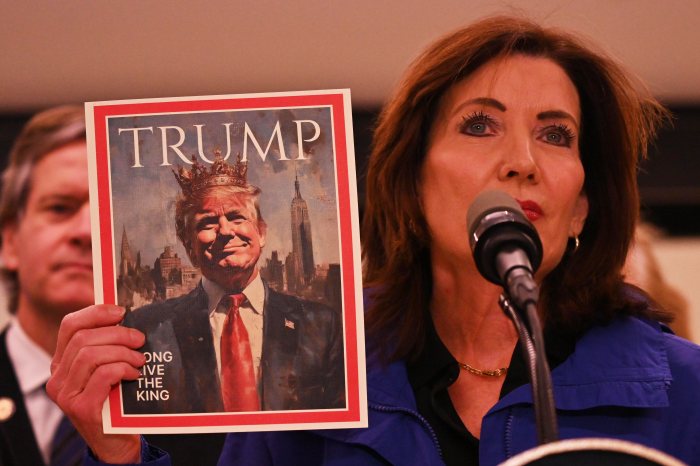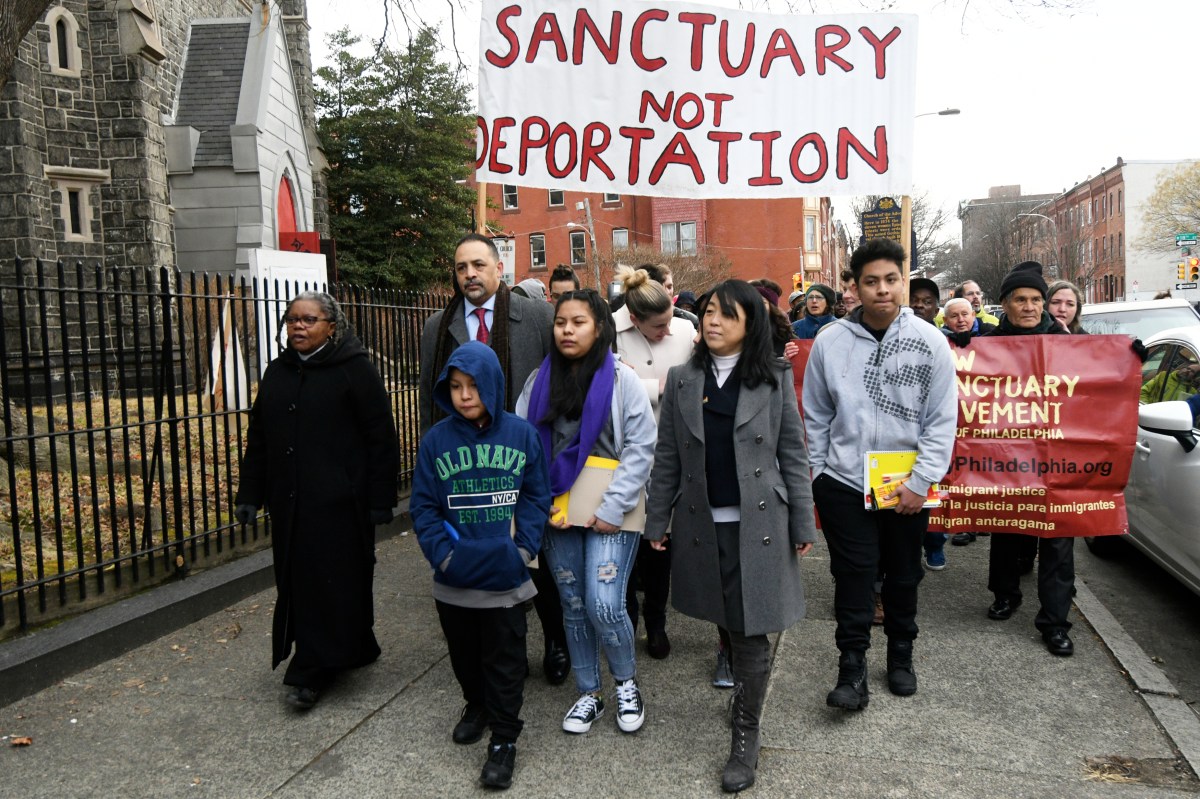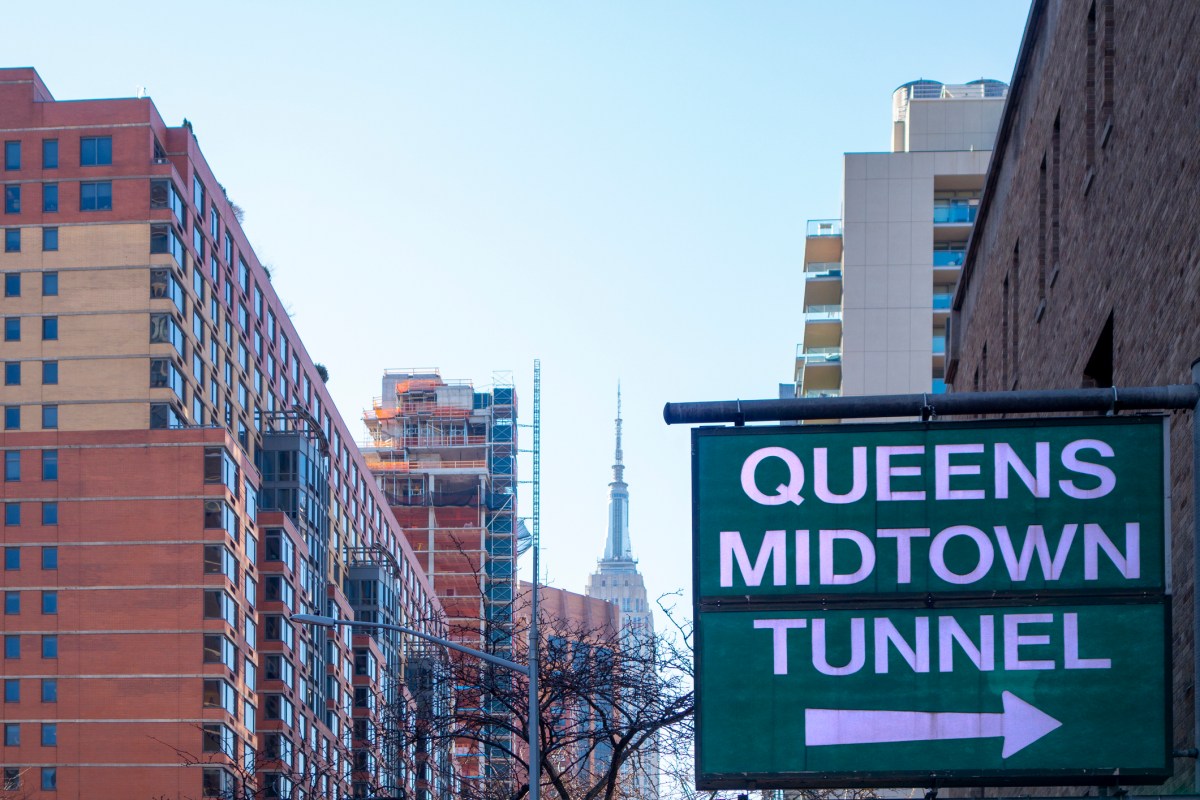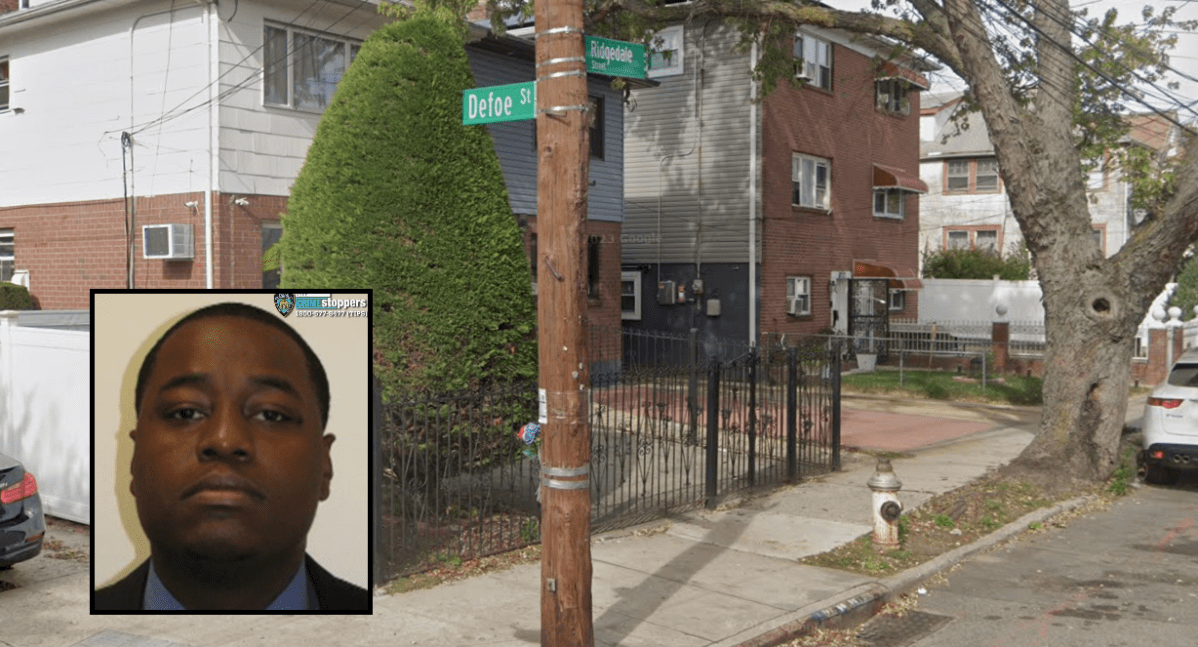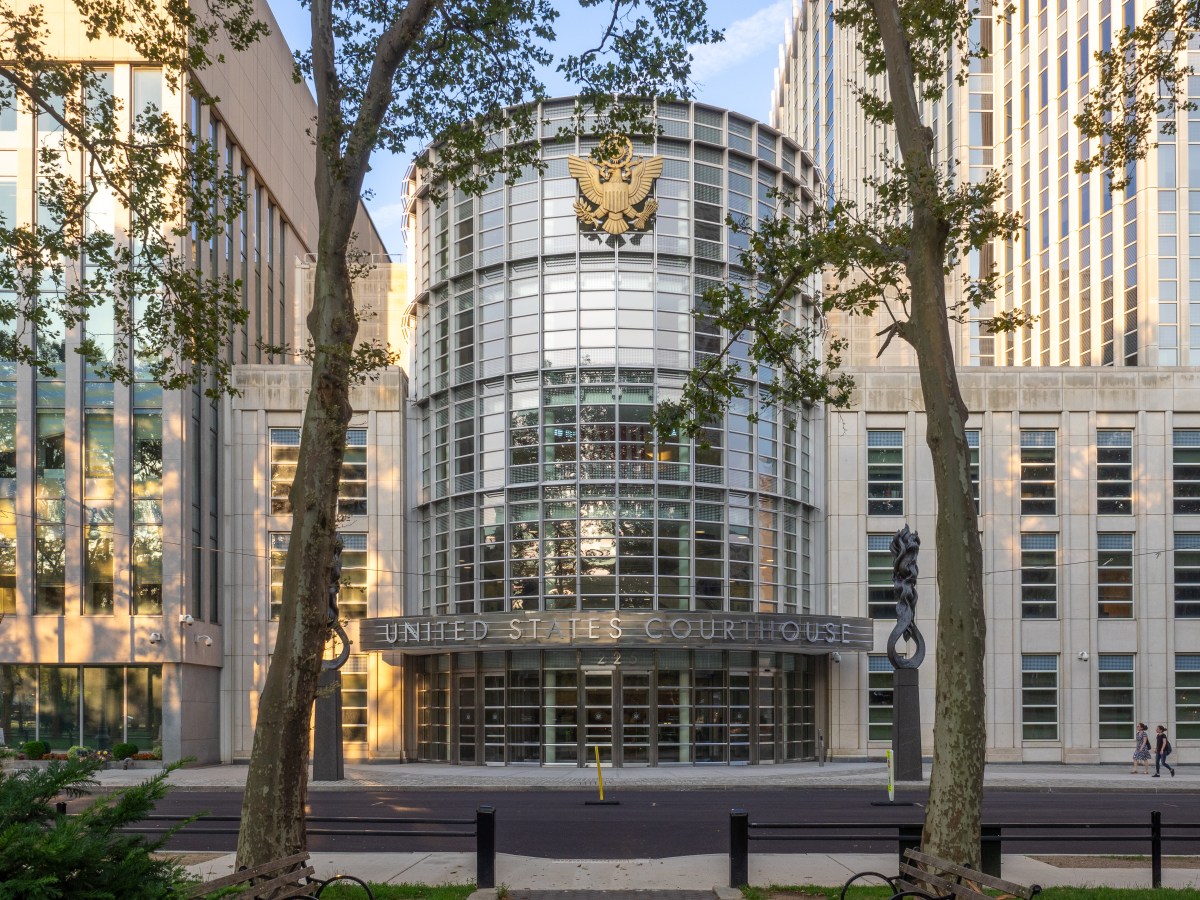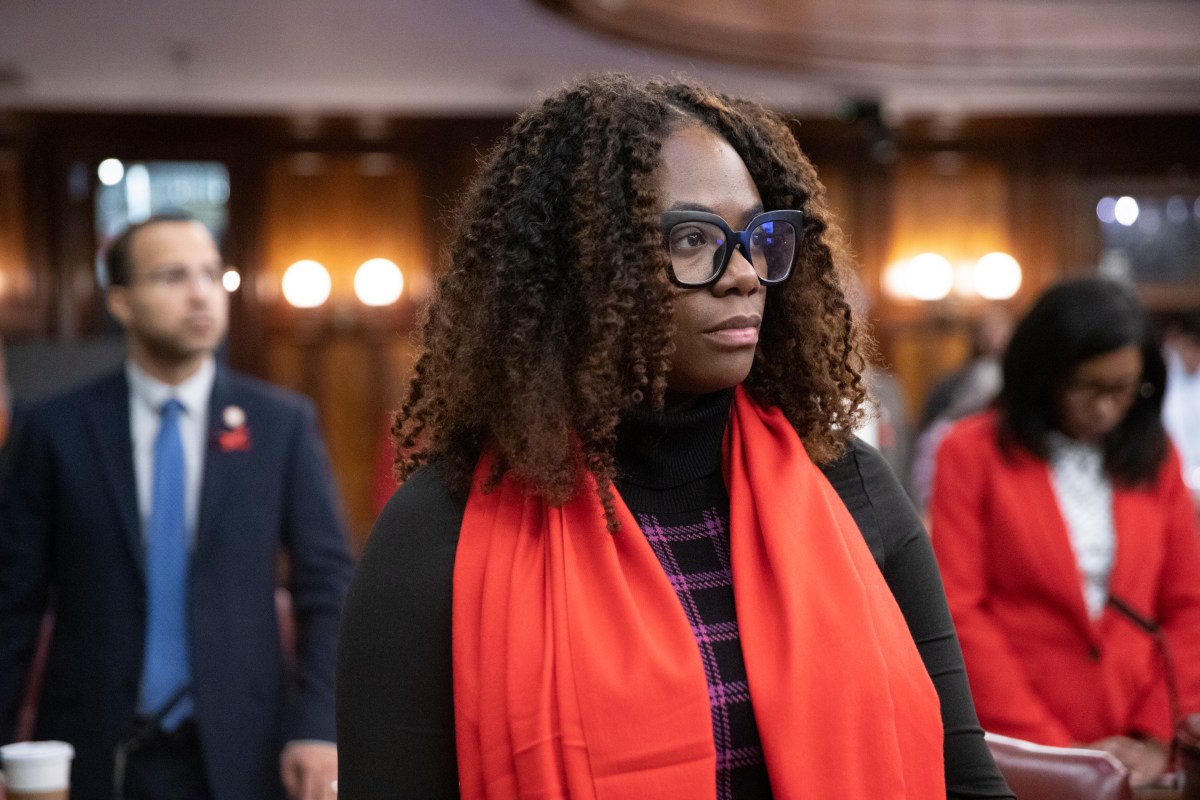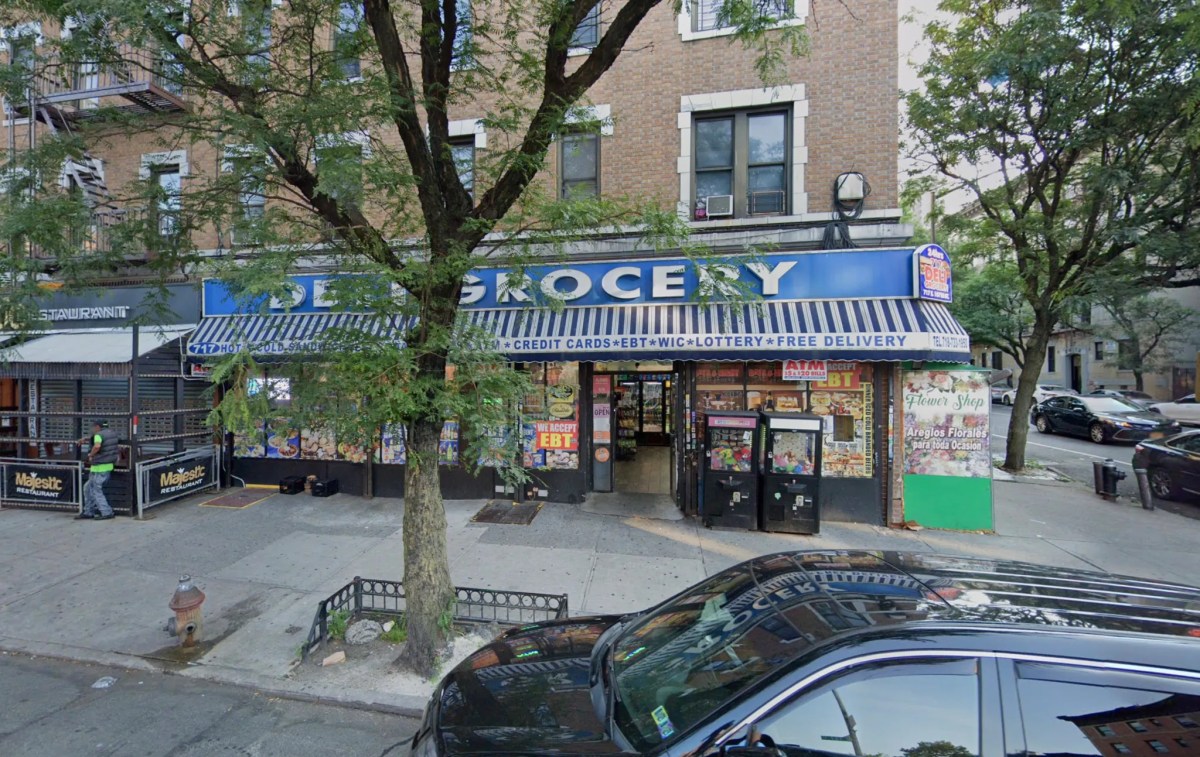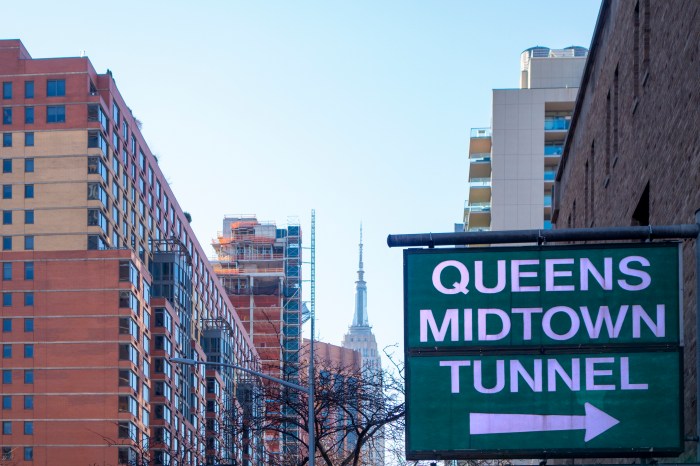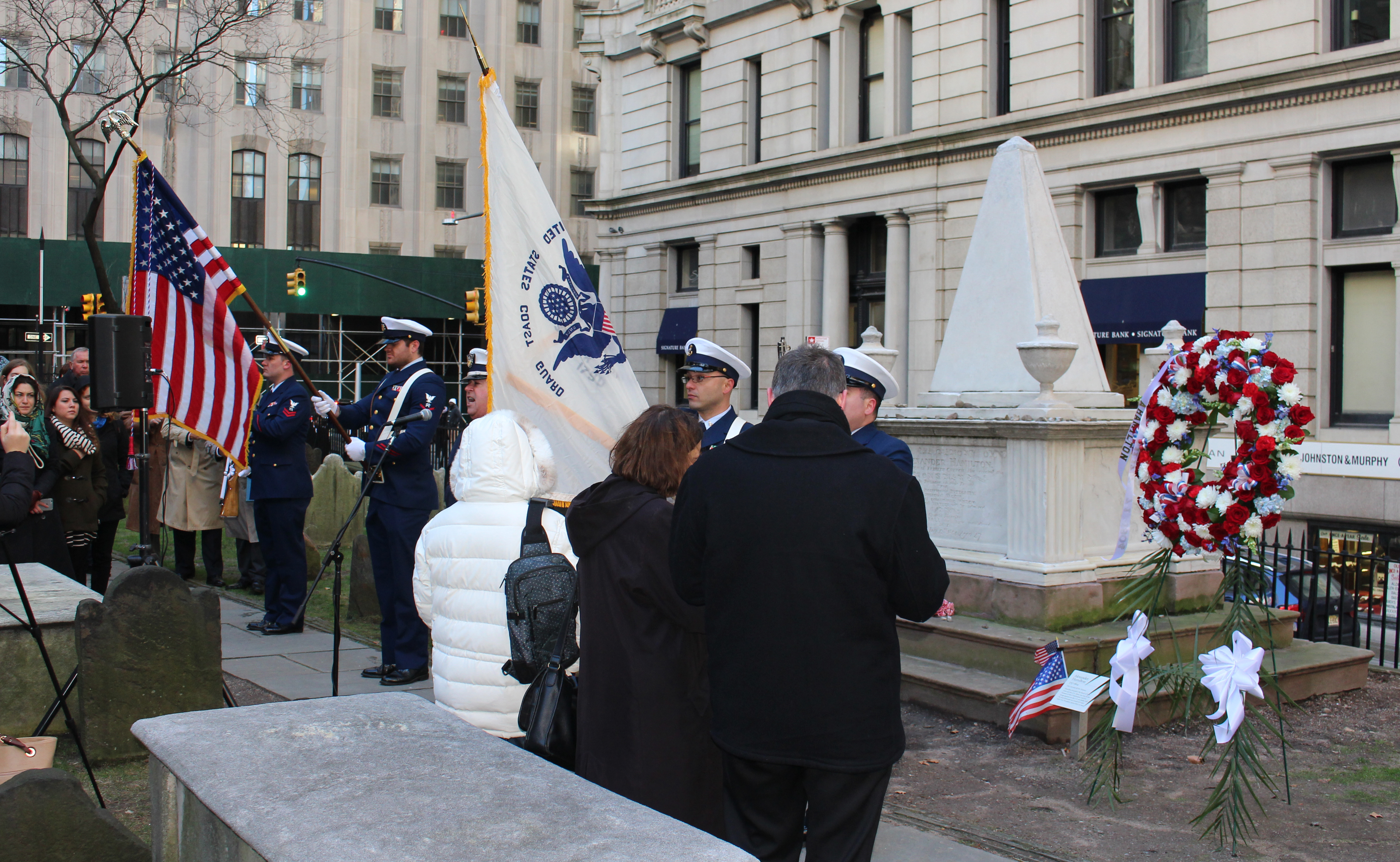
An honor guard from the U.S. Coast Guard — which Alexander Hamilton founded in 1790 — laid a wreath on the Founding Father’s grave at Trinity Church on his birthday, Jan. 11.
BY BILL EGBERT |
“Hamilton” may be the hottest musical on Broadway, but fans of the famously Federalist Founding Father braved bitter cold on Monday to celebrate the birthday of Alexander Hamilton.
Talks at Federal Hall and Trinity Church celebrated the diverse legacy of George Washington’s most trusted aide, who created America’s first national bank, formed the U.S. Coast Guard, wrote most of the Federalist Papers, and founded the New York Post newspaper.
“Hamilton is arguably the most important of the Founding Fathers,” said Rand Scholet, president of the Alexander Hamilton Awareness Society, which organized the events. “He created the vision of the nation that became the foundation of the America we know today.”
Of all the Founding Fathers, Hamilton is also the one most connected to Downtown, despite being born and raised on the Caribbean islands of Nevis and St. Croix.
In 1773, Hamilton enrolled at Kings College — now Columbia University — which at the time was located in Lower Manhattan. When the Revolutionary War broke out, he enlisted and in 1776 he served as artillery captain at Fort George on the site of what is now the Alexander Hamilton U.S. Custom House at the south end of Bowling Green.
As a member of George Washington’s cabinet, he served in the first seat of the U.S. government, where Federal Hall stands today. In 1784, he founded the Bank of New York on Wall Street, which is now the oldest bank in the United States.
Hamilton and his wife lived at 57 Wall Street for years before moving to a country home in the then-rural region of Harlem, and were active members of Downtown’s Trinity Church all their lives. Both are buried in the church’s cemetery.
Scholet presided over a wreath-laying ceremony at Hamilton’s Trinity Church gravesite on Jan.11.
About 90 people showed up despite the near-freezing temperatures — the biggest turnout ever, according to Scholet, and a significant increase over last year, before Lin-Manuel Miranda’s hip hop musical turned America’s first Treasury Secretary into a pop icon.
“What a difference a year makes,” he said.
Scholet said that until the musical popularized Hamilton’s story it could be a struggle for his group to convince many people of the long-marginalized figure’s importance to American history.
He blamed Hamilton’s lack of recognition to the statesman’s untimely death at the age of 49 in a duel with Vice President Aaron Burr in 1804.
Outlived decades by his ideological rivals Thomas Jefferson and Andrew Jackson, Hamilton was unable to defend his legacy as it was systematically smeared and obscured, according to Scholet, until generations of historians were taught to ignore him. But with the “Hamilton” cast album ranked by Billboard as the second-best album of 2015, even school kids see him as a true American hero.
But it wasn’t just the Broadway hit that revived public interest in Hamilton over the past year.
“The $10 bill did a lot to,” Scholet said, referring to the national backlash against a proposal floated this year to replace Hamilton on the ten-spot with a woman’s portrait.
Not that the Alexander Hamilton Awareness Society opposes putting a woman on the folding money, Scholet is quick to point out. In fact, the society has partnered with the group Women on 20s to push for a woman to replace Jackson on the $20 bill.



